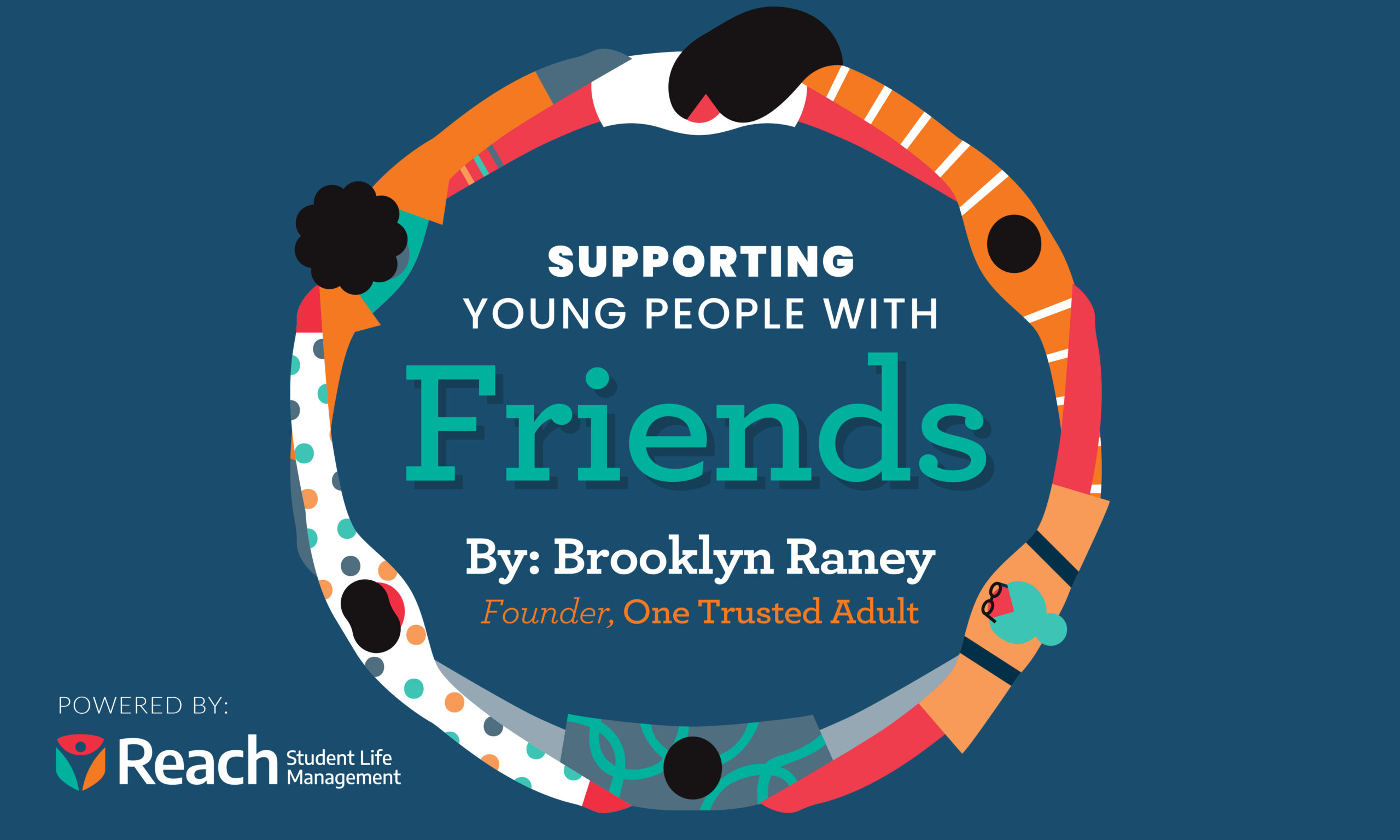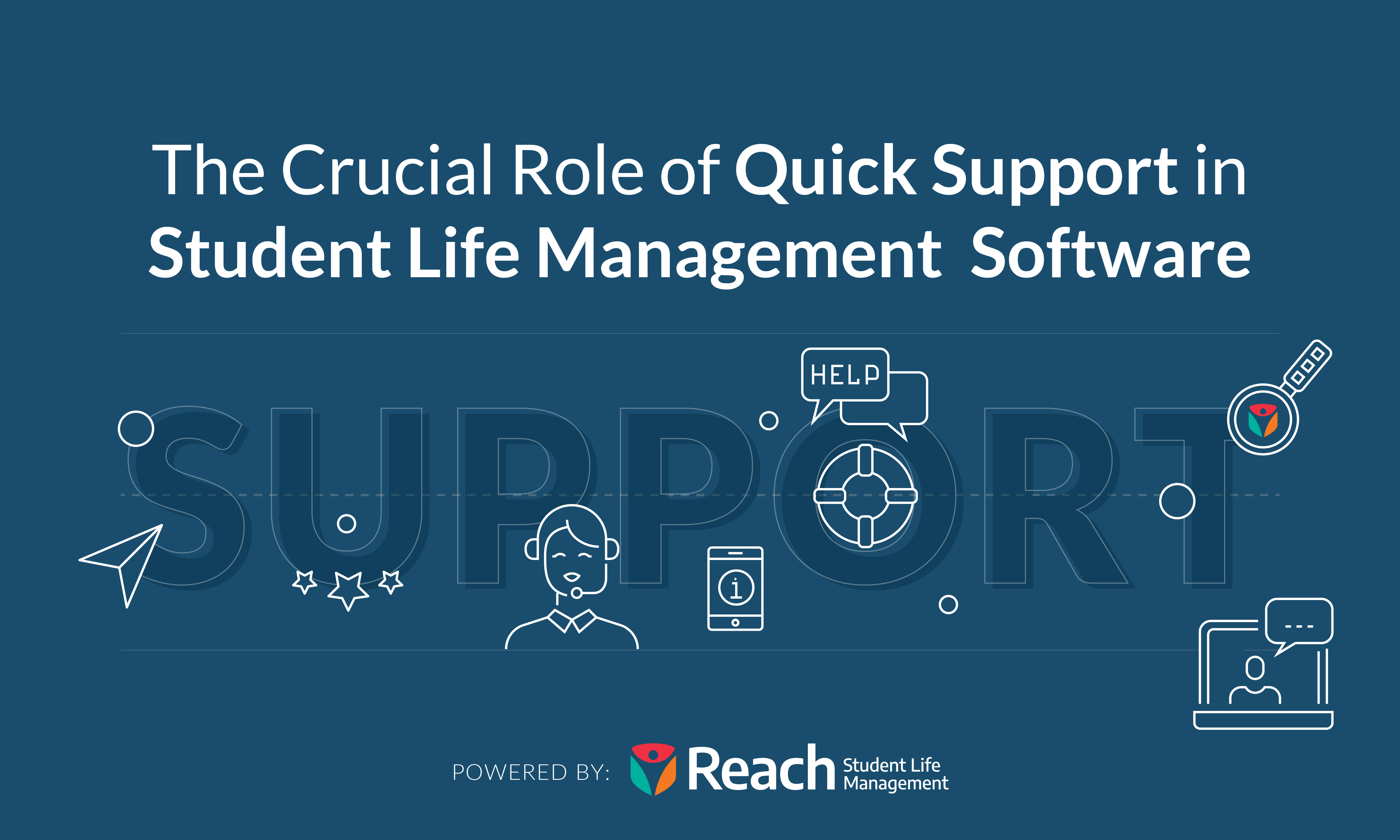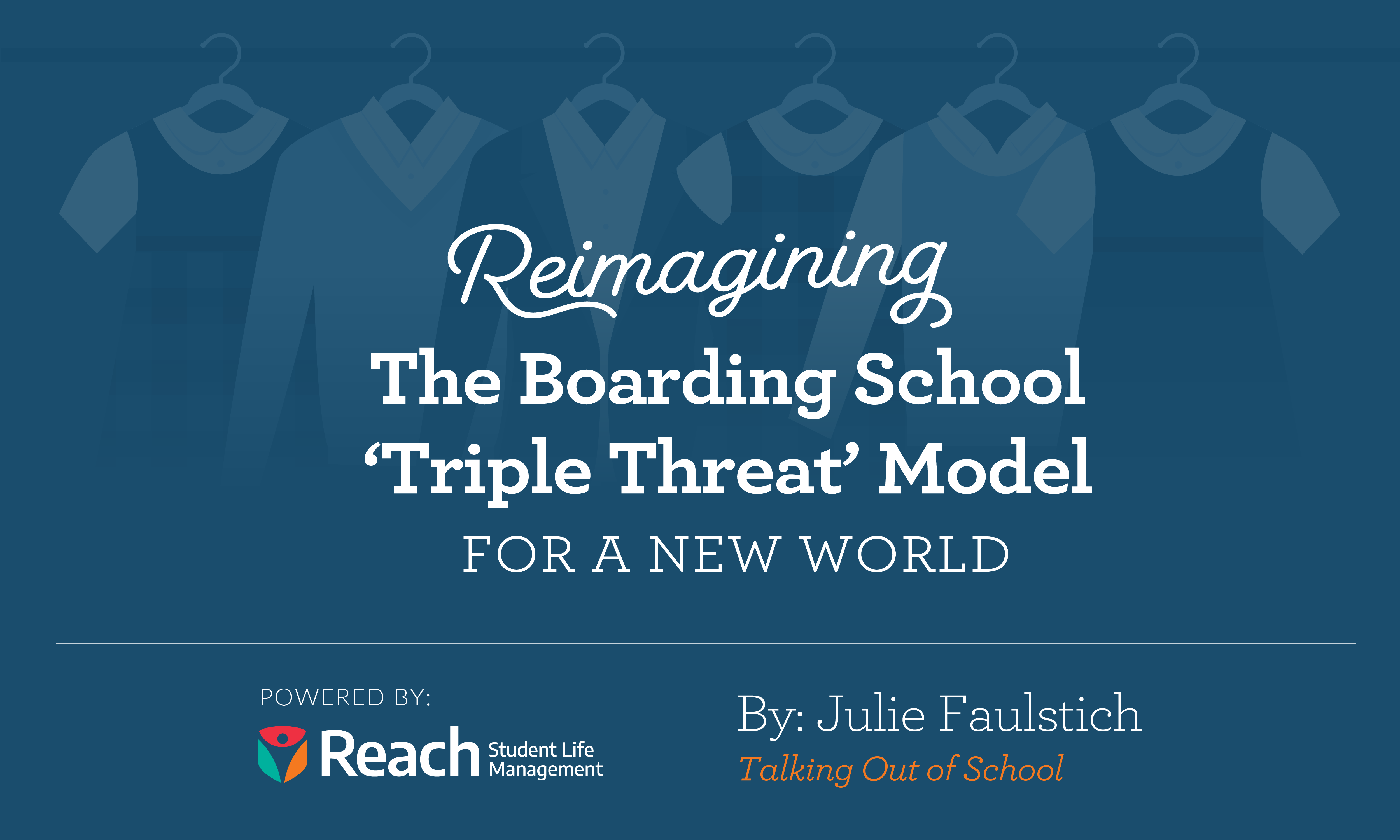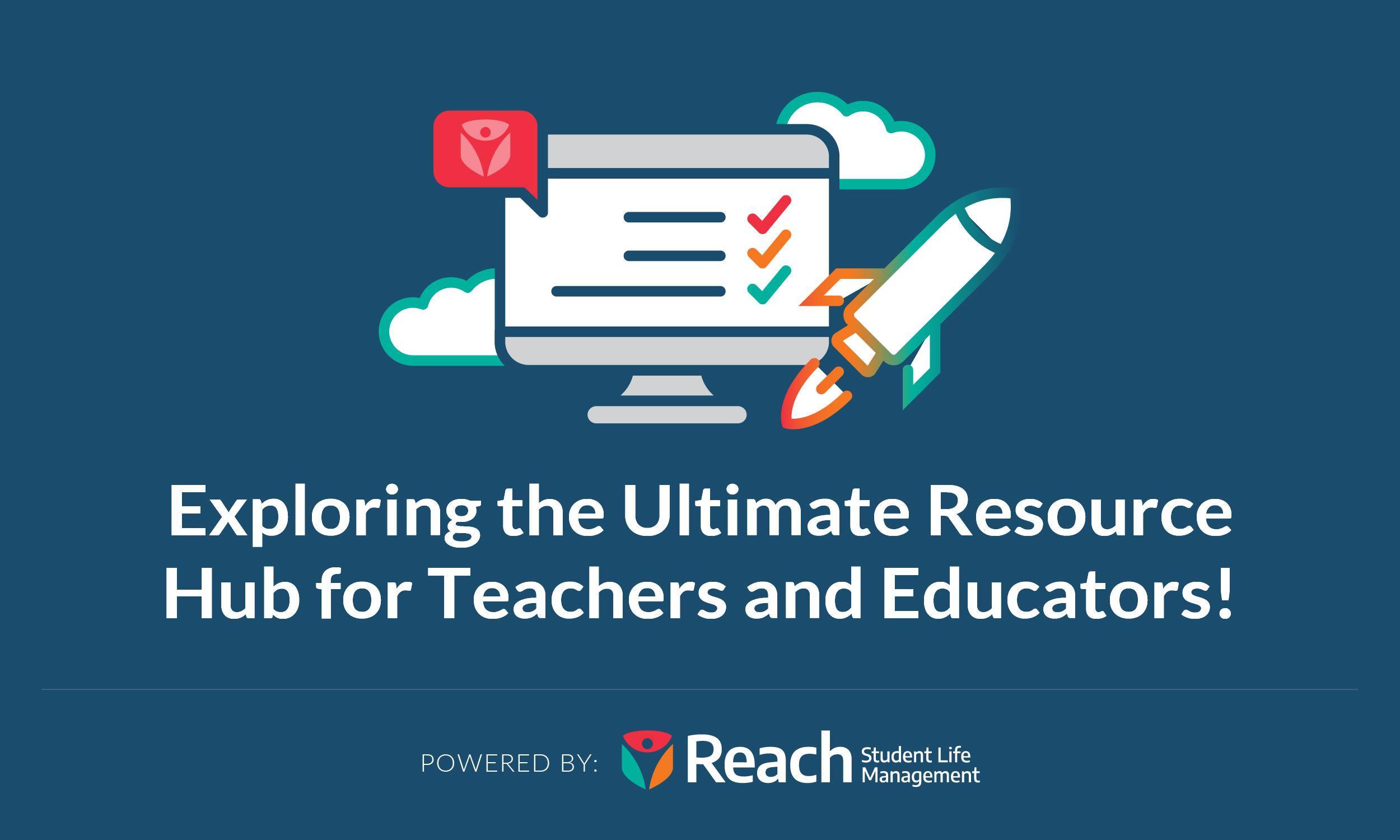As young people grow physically, socially, and emotionally, their interests, needs, and wants change, along with their “requires and desires”—and as a result, their friendships change too! Author and professional counselor Phyllis Fagell shared in her Washington Post article “6 Ways to Help Your Child Thrive Socially in Middle School, “Only 1 percent of seventh-grade friendships are still intact in 12th grade, and more than two-thirds of friendships shift during the first year of middle school.” This social turbulence can be a challenge for young people, and for the parents and trusted adults in their corner!
How can parents and trusted adults support young people through these tumultuous times? Here are a few trusted tips for supporting young people with FRIENDS:
Focus on listening. If a young person comes to you with a friendship struggle, avoid the temptation to “fix” the issue, call the friend’s parents, or overreact. Instead, listen and reflect back to them. It’s hard to see the young people you care about struggle, but this is where the learning happens!
Reframe the way young people talk about changing friendships. When asked to describe connections with peers, young people often say, “They’re my friend” or “They’re not my friend.” The PEER-A-MID is a tool that helps young people reframe the way they talk about friendship and provides a visual for the way friendships may shift over time. Encourage the young people
in your care to identify friendships on the various levels of the PEER-A-MID and the circumstances that may cause friendships to shift.
Identify activities and clubs that spark a young person’s unique interests. Set young people up for social success by encouraging them to explore their unique interests, look beyond what their current friends are doing, and view new activities as opportunities to make new connections and build friendships.
Establish a judgment-free zone. Nothing shuts down a conversation with a young person faster than a comment they interpret as judgmental, especially when you’re talking about friendships. To avoid putting up a conversational stop sign, ask open-ended questions to learn more about their friends.

Normalize the turbulence. Social turbulence is inevitable. Just as you might support a young travel companion through a bumpy airplane ride, it’s important to normalize the choppy air and uncomfortable feelings of adolescent friendships. Remind the young people in your care that you are available to support them through this turbulent time and calm air is ahead! Although shifting friendships may feel uncomfortable, they and you are there to support them
through it.
Develop a list of friendship qualities that are important to the young person. This exercise is most helpful when friendships are going well. Listing the qualities they most value in a friend reminds young people why they maintain certain friendships—and the list can serve as a reference when friendships start to shift.
Self-assess conflict style in friendships. Conflict is inevitable in friendships, and it’s important that young people reflect on their go-to mode for managing conflict. We’ve included a self-assessment tool in this month’s Magnets and Mirrors to help evaluate conflict style. We encourage YOU to do the assessment with the young person in your care. Compare your results and accept or reject your findings! This exercise is a great conversation starter and a powerful resource for managing the inevitable conflicts that arise in friendships and other
relationships.
Use the FRIENDS tips to support the young people in your care through the turbulent times in their social world.
Published on Jan 30, 2023




